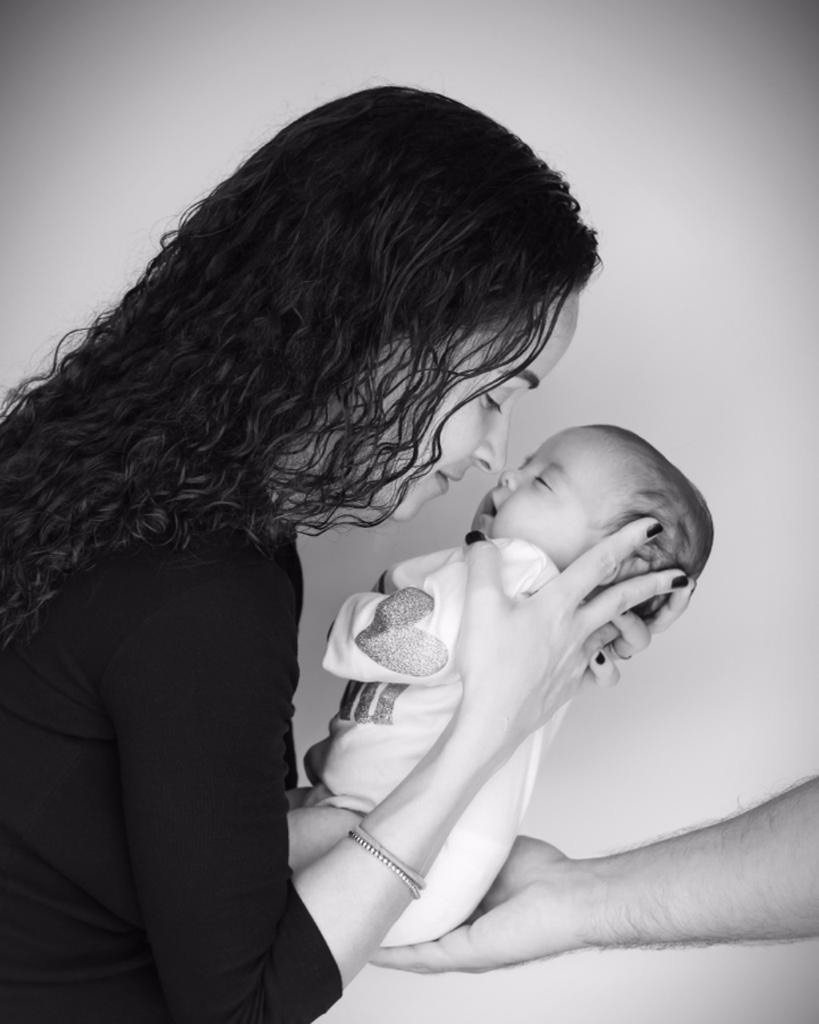Parenting consultant Michelle ‘Boss Mom’ Gordon and Marian Ammar of Sterling Asset Management share financial tips
Life before having a baby can include some level of financial freedom – date nights, travelling, shopping, and the latest all-inclusive parties. But that usually changes once you’ve realised you’re expecting. So what’s the game plan?
After having a baby, your expenses are usually more factoring in not just concerning labour and delivery, but also a baby’s growing needs, including their college fund. Unequivocally, the diaper and feeding bill alone can put a dent in your disposable income. In Jamaica, the cost of diapers can range between $9,000 and $15,000 per month, totalling anywhere up to $180,000 annually.
As expenses grow and couples seek to build a family, it would be prudent to begin saving up for parenthood, and, while saving is a valuable first step towards building wealth and retirement, the real wealth builder comes from investing with an expectation of earning a profit.
While a baby brings joy – one of the most satisfying experiences in a woman’s life is conquering the family’s budget.
In a sit-down chat with parenting coach Boss Mom, Michelle Gordon, and new mom Marian Ammar, VP Trading & Investments at Sterling Asset Management, both shared practical money management skills and how you can plan for future finances.

What’s the biggest financial lesson you have learned as a mom?
Michelle Gordon (MG): We have to do better than previous generations in preparing our children for true wealth. Generational wealth should not be reserved for only a select few, but we need to know HOW to create it. If we don’t know, we need to find the right people to teach us. So, the biggest lesson for me is teaching my children differently. When I was younger, we would have learned how to save using a piggy bank, but that’s certainly no longer enough. Teaching our children how to invest, take risks, and spend money wisely is what is relevant today.
Marian Ammar (MA): ‘Less is more’ and ‘Necessities are things I cannot live without’. The biggest lessons affecting my finances in motherhood relate entirely to my lifestyle and not to specific financial theories. I found that it was so easy to justify spending anything on my baby. I had at least three different nasal aspirators, two types of thermometers, and four different wearable blankets. We are very easy targets for a good marketing campaign that promises ‘better sleep’, ‘a happier baby’, etc. I deleted my Amazon app for a while. Babies require our care, presence, and attention above all else. I have been intentional about limiting the purchase of toys and clothes. I love hand-me-downs and I bulk order diapers with a mummy group so I can save on those everyday purchases.
What are some of the challenges that moms today face when planning for their future?
MG: It would be balance. I think so many of us are now comfortable with multiple streams of income, but to be able to successfully maintain and manage multiple streams of income, we must be able to balance family, finances, our time, and external relationships, while also maintaining our personal well-being. As mothers, we tend to do a lot.
I’m an advocate for preparing for tomorrow but living fully in today. So the challenge for mothers would be really figuring out how to balance being present while raising our children and planning ahead so that the future can be comfortable.”
MA: Making the time to focus on and make financial decisions. The demands on our time are increasing perpetually. For example, a mom may get a big promotion at work – which requires more time away from home, but, as the primary caregiver, she is still required to do the same amount of work in the home. Even with a good support system and lots of help, many women (myself included) suffer from a debilitating mom guilt complex that makes it challenging to prioritise anything not child-related. I think moms need to put their finances on autopilot as much as possible (eg, monthly standing orders that go directly to an investment account that buys shares in a mutual fund) and create standing check-ins to re-evaluate how the investments are performing.
As a boss mom, why do you think financial planning is important?
MG: It takes cash to care and, to be able to attain the things we want in life, you have to be in a position to afford them. It’s important to set the right foundation for our children on how to understand and respect money, so that they can understand how money is used.
Financial planning is about working smarter, not harder, so that our money works for us and not just the other way around.
MA: Just take a look at the math to see how important financial planning is. When I discovered I was pregnant, I created a simple Excel sheet template. I inserted two specific figures: the cost of a college education for my daughter and the amount of money my husband and I would need for a comfortable retirement. I put actual numbers here, not placeholders. When we saw the amount of money that we would need to put away each year, we were both blown away. It was much more than either of us would have guessed. It became clear that we would have to be very intentional about our lifestyle and make a lot of sacrifices if we were to achieve these goals. It does not matter how much money you make – you need a figure to put aside each month or year, because college and retirement are expensive.
Why is it important for mothers to plan ahead of starting their families?
MG: There’s a phrase that a lot of us are familiar with,‘ If you fail to plan, you plan to fail’. Having a child is more than a cute gender reveal on social media. As mothers, we want to plan to be able to provide for them (children); we want to be able to give them the best education, to see them be able to honour their fullest potential. Every mother wants to give her child the right foundation.
For me, the ultimate goal in parenting is raising children who can thrive independently of us as parents. It’s not just about giving them the fish to eat, but most important is teaching them how to fish for themselves. So, before embarking on pregnancy, I think it’s important that we look at all those angles.
MA: Because you won’t have time to think once you become a mom. While it is true that many things in life don’t go according to plan, I believe having a plan is still useful as long as you are flexible and can use it as a compass rather than as a strict dictator of how life should evolve. Our plans will change, too, as we mature. I think the best planning we can do relates to working on ourselves to become more patient and present so that we can make better decisions amid the delightful chaos of motherhood.
